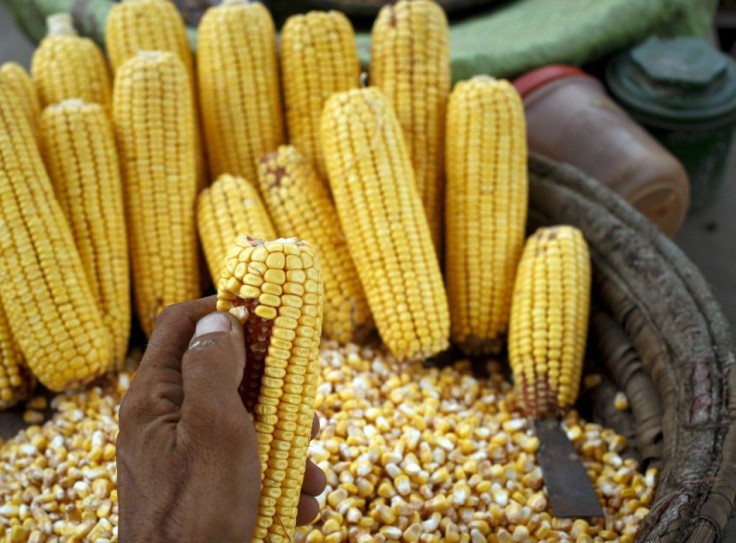Mutant Maize Sparks Kenyan Mutiny

The Kenyan government is set to begin importing maize for the first time as a drought in the region threatens the crop.
The country would eliminate restrictions on genetically modified (GM) crops to allow enhanced maize into the nation in which agriculture is the second largest industry, behind tourism. The government has also lowered tariffs to make importing the grain cheaper and easier.
But the program is unpopular, and protesters have marched by the hundreds in Nairobi to protest against the GM maize. The demonstrations, which include many farmers and environmentalists, fear the maize will poison their soil and hurt their businesses.
The importation of GM maize is a ploy by leading millers to kill us - the small-scale farmer, protester Gacheke Gachihi told BBC.
Many in Kenya wanted to destroy a shipment of the GM crop that is currently sitting in a Mombassa port.
GM crops are currently illegal in Kenya, although it receives some genetically modified corn from the U.S. in the form of aid.
Officials say that GM corn would counteract a major flour shortage of 1.3 billion kilograms. Six large millers shuttered operations for the season and the influx would curb a sudden spike in maize prices. The cost of importing a standard 90 kilogram bag has so far risen by 25 percent, compared with the same period last year.
Genetically modified corn is cheaper than non-GM corn by about 30 percent, according to reports.
Maize is the staple crop of Kenya. The country boasts East Africa's largest economy, but despite Gachihi's speculation, even the largest millers are shutting dowbn. Kenya's second biggest flour manufacturer hasn't produced anything in the past two weeks, and the fourth largest one has shut its biggest plant.
© Copyright IBTimes 2024. All rights reserved.





















